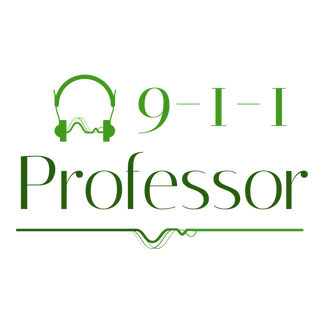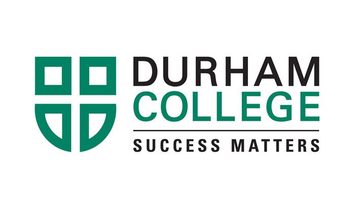911 Operator Careers and Dispatch Jobs
Careers as 9-1-1 Communicators are both exciting and rewarding. The job can be challenging at times but most days you get to leave the communications centre feeling like you've made a difference.
What does a 9-1-1 operator do?
When a citizen dials 9-1-1 they are transferred to the nearest Public Safety Answering Point (PSAP) or Central Emergency Reporting Bureau (CERB). Depending on local 9-1-1 structure, the person that answers the call will typically answer the call with "9-1-1, Do you need Police, Fire or Ambulance?"
Once the call type is identified, the caller is transferred to the appropriate communications centre: Police, Fire or Ambulance. In most cases, the PSAP is operated by the local police department. That means that the 9-1-1 communicator and the police communicator are one in the same.
The 9-1-1 operator who answers the call will use a stringent set of protocols to ask questions and determine a response to the incident. After the response is identified, the call information can be dispatched to the responding units.
Once the call type is identified, the caller is transferred to the appropriate communications centre: Police, Fire or Ambulance. In most cases, the PSAP is operated by the local police department. That means that the 9-1-1 communicator and the police communicator are one in the same.
The 9-1-1 operator who answers the call will use a stringent set of protocols to ask questions and determine a response to the incident. After the response is identified, the call information can be dispatched to the responding units.
how much do 9-1-1 operators make?
There is a broad spectrum of wages for 9-1-1 Operators. In the U.S., 9-1-1 Operators generally make $10-$20 USD per hour. 9-1-1 Operators in Canada typically make between $30-$40 per hour.
There are also additional factors involved in salary. Some centers have a wage ladder wherein employees receive annual pay increases for the first 5 - 10 years of employment. Other centers have a brief training or probationary period with restricted wages, and then all employees make the full wage as they do the same jobs.
It is also worth noting that most 9-1-1 Communications Centers require additional staffing on an ongoing basis and that means there is the opportunity for Communicators to work overtime shifts at a premium rate.
There are also additional factors involved in salary. Some centers have a wage ladder wherein employees receive annual pay increases for the first 5 - 10 years of employment. Other centers have a brief training or probationary period with restricted wages, and then all employees make the full wage as they do the same jobs.
It is also worth noting that most 9-1-1 Communications Centers require additional staffing on an ongoing basis and that means there is the opportunity for Communicators to work overtime shifts at a premium rate.
|
9-1-1 Emergency and Call Centre Communications program at Durham College
www.durhamcollege.ca |

